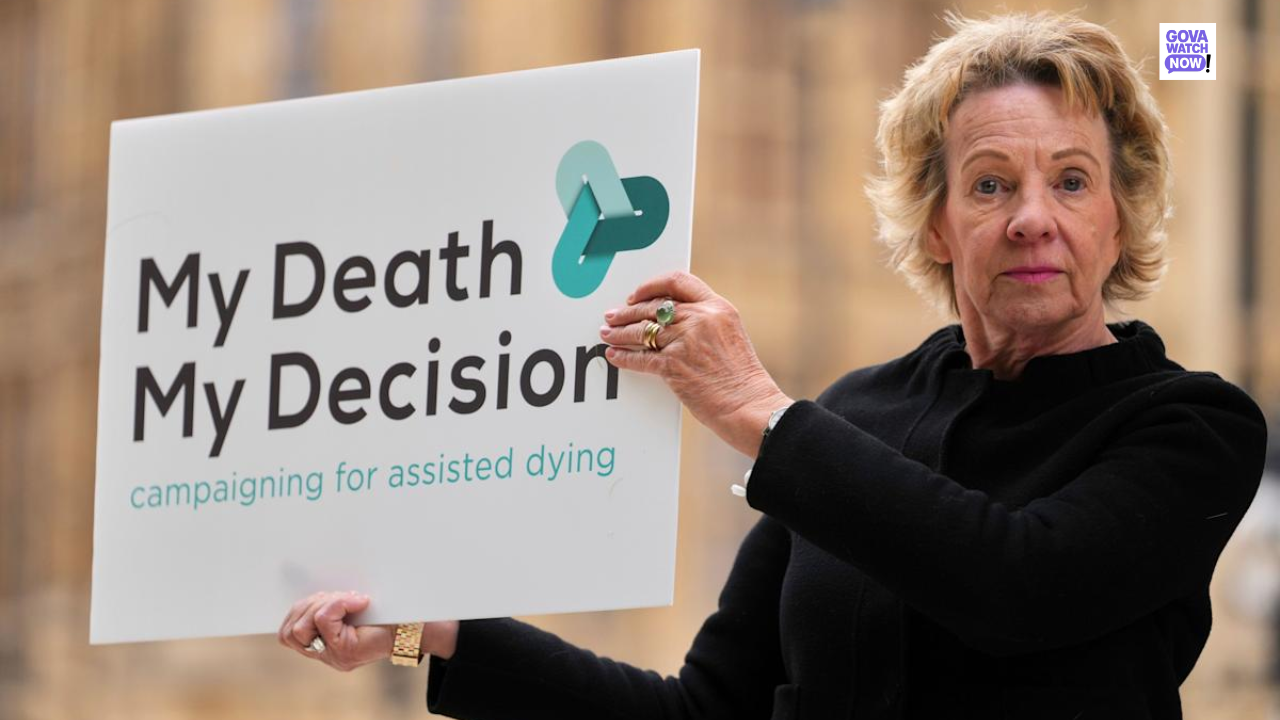This week, Parliament takes up one of the most emotional and morally complex debates in recent memory: whether to support the Assisted Dying Bill. The proposed legislation would allow terminally ill adults with less than six months to live the legal right to request help in ending their lives in a safe and dignified way. While the bill has passed its first Commons hurdle by a narrow margin, its future remains uncertain. Still, for many watching from the sidelines, especially those with lived experience of terminal illness, this moment carries enormous personal weight.
The bill’s supporters, including Labour MP Kim Leadbeater, frame it not as a choice between life and death, but as a matter of allowing people autonomy in how they manage their final days. It’s about giving those suffering with no prospect of recovery a say in their exit, something that polling shows the majority of the British public supports. For many people who’ve witnessed loved ones endure painful and undignified ends, this bill represents a potential shift toward compassion and respect.
But opposition to the bill is strong and rooted in genuine concern. Former Prime Minister Gordon Brown has voiced fears that the law could be premature, especially when so many people across the UK still lack access to quality end-of-life care. Critics worry that even with safeguards, the risk of coercion, rushed decisions, or unintended consequences could create new vulnerabilities. Some healthcare professionals have also expressed concerns about how this might affect the relationship between doctors and their patients, and whether trust might be compromised.
The bill does include significant safeguards: it requires the involvement of two independent doctors, judicial oversight, and multiple declarations from the patient to confirm that the decision is informed and voluntary. Prime Minister Keir Starmer has backed the bill, acknowledged the sensitive nature of the topic and granting MPs a free vote to reflect personal conscience rather than party lines.
For those like me, whose family members died suffering and without control, this issue cuts deep. Though I may never see this bill passed in my lifetime, I hope it moves forward
not because I anticipate needing it, but because I believe future generations deserve that choice. Legalising assisted dying isn’t about giving up on people; it’s about ensuring no one is forced to suffer when they are already dying. Even if it takes years, I believe this conversation brings us closer to a more compassionate society.




